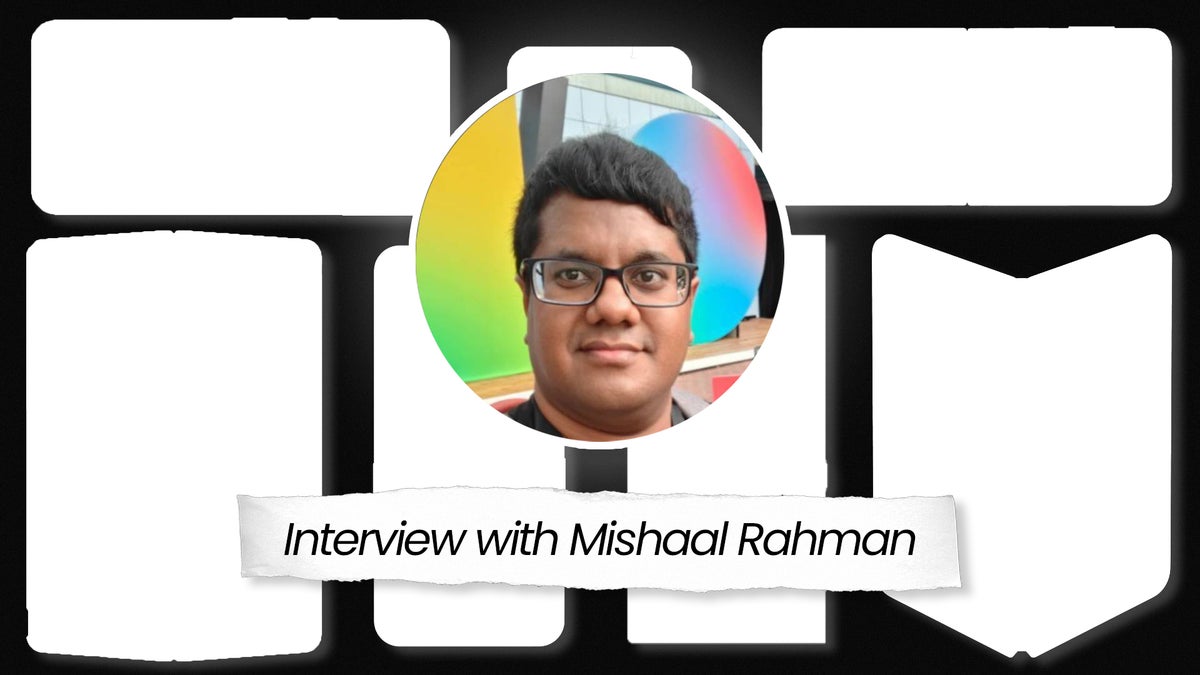Here’s the second part of our conversation with Android expert Mishaal Rahman.
Mishaal Rahman is a well-known Android expert with frequent citations by PhoneArena and other major tech publications. Since 2015, he has become an authority on Android, quickly advancing to Editor-in-Chief at XDA Developers and now freelancing for prominent tech publications. His work is often referenced by Google and other device manufacturers.
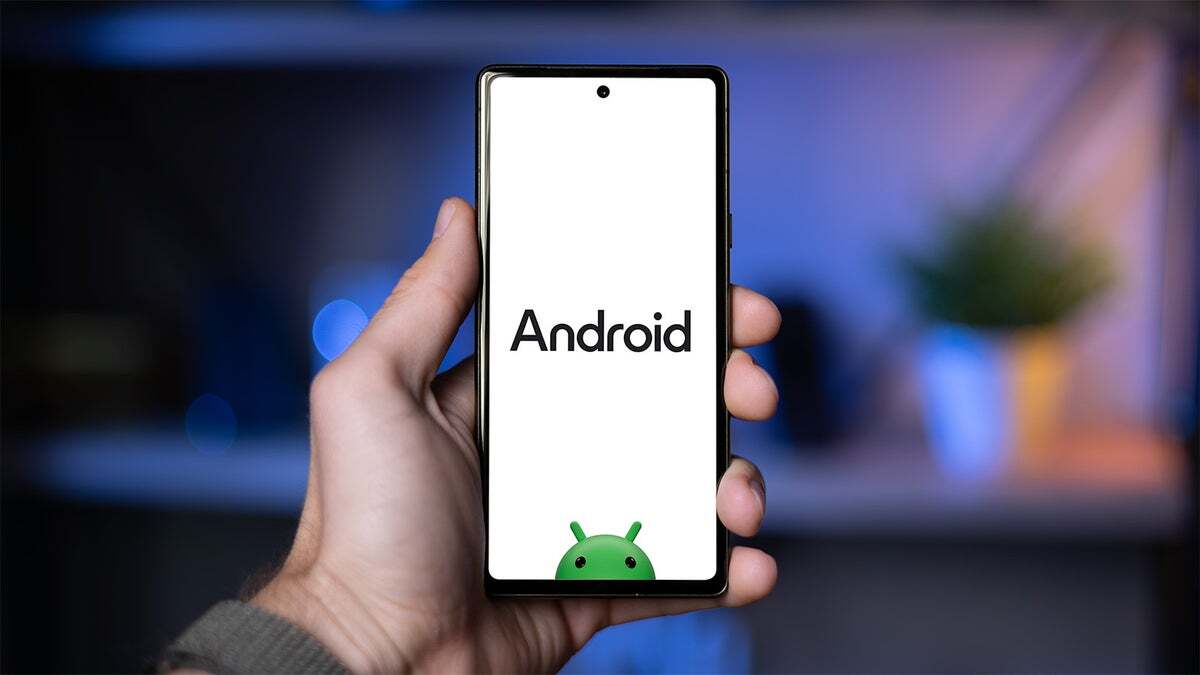
Image credit – PhoneArena
Have any companies ever approached you to ask you to stop posting or to take down specific posts? If so, how did you handle it?
“Not me personally, but there have been times when the site I was writing for was issued a takedown request (both formal and informally). I have never altered published content by request of a company, though I do take their statements/feedback seriously and rectify any factual issues that I can acknowledge. Fortunately, this hasn’t happened in a long time.”
If you could change one thing about the mobile tech industry, what would it be and why?
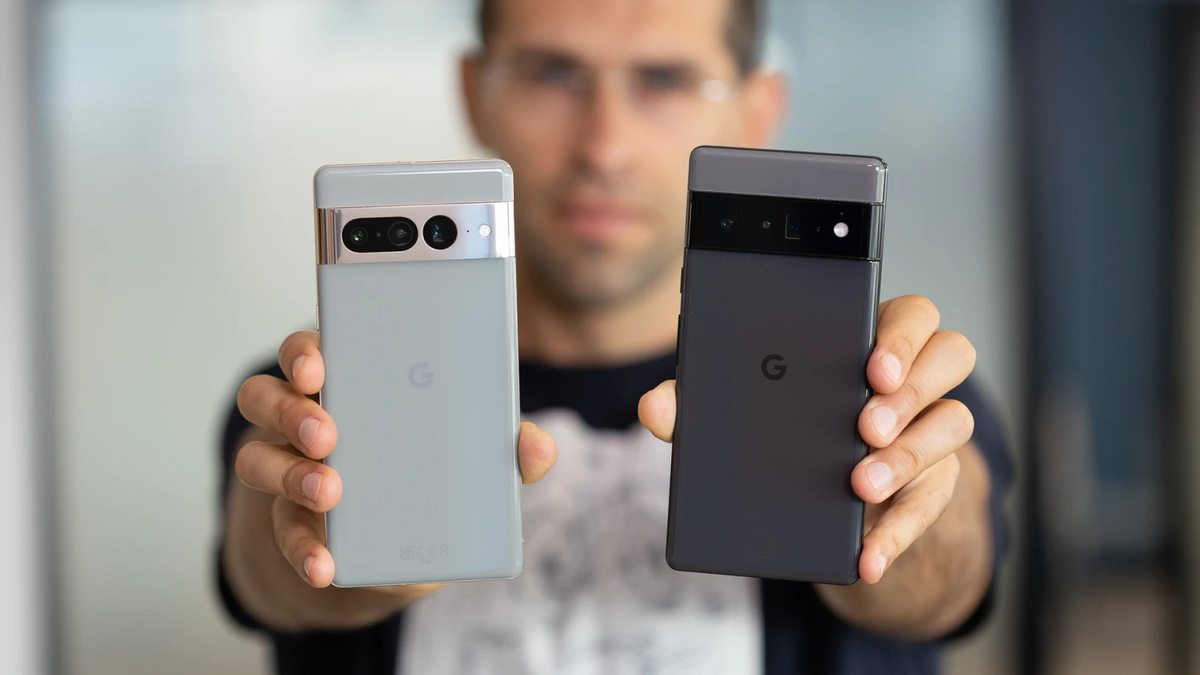

Google Pixel phones are drawing attention all over the world | Image credit – PhoneArena
“The fervor with which people defend the brands whose products they own. It’s incredibly silly. If they make a good product and offer good customer service, then it’s fine to recommend their products to others. It’s also fine to acknowledge there are a lot of good, nice people who work at these companies. But you shouldn’t think of these companies overall as your friend or ally.””If more people viewed their relationship with brands as transactional, then I think a lot fewer people would suffer from buyer’s remorse or feeling like they were betrayed by a company’s decision. I’m an Android fanboy, but I’m perfectly willing to criticize Google when they make a bad decision.”
What aspect of the mobile tech market excites you the most right now?
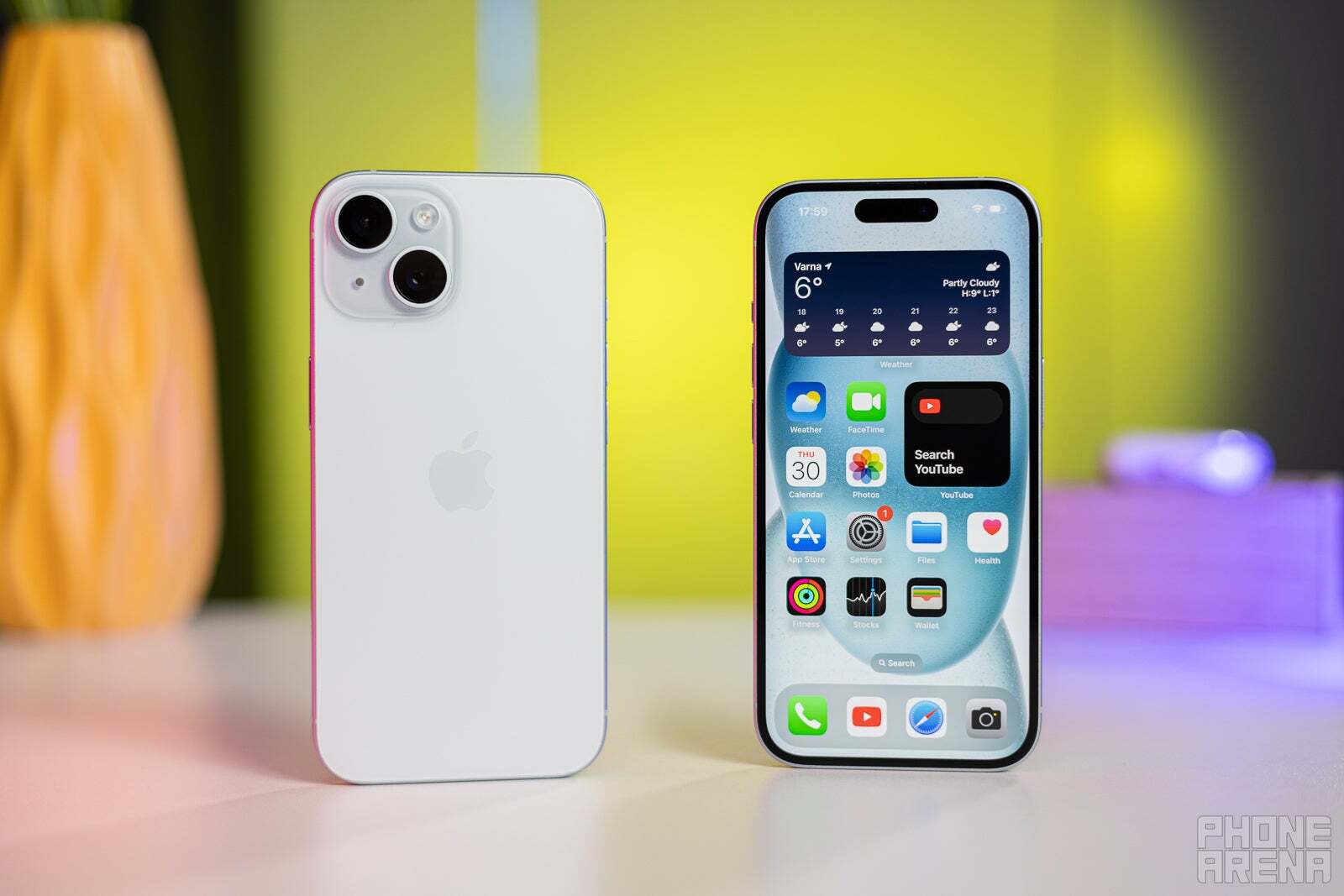

Google tries to replicate what makes Apple’s ecosystem so appealing, according to Rahman | Image credit – PhoneArena
“The growing emphasis on ecosystems. Google and its partners, seeing the threat of Apple’s ecosystem locking users in, have been rapidly improving their own products and services in an effort to create their own ecosystems. Google’s Android ecosystem is becoming more and more compelling as they try to replicate what makes Apple’s ecosystem so appealing. I like Google’s approach as they don’t really attempt to lock you into one particular smartphone, tablet, or watch brand.”
What’s your favorite piece of early information that you’ve ever shared, and why is it significant to you?
“I’m still fond of my involvement in the creation of the rootless version of the Substratum theming engine that supported Android Oreo. While I wasn’t personally involved in any development, this was one of the earliest and most high profile cases where I discovered something (the command line interface for runtime resource overlays in Android Oreo), had an idea about how to use it (run a process using the shell UID similar to the at-the-time popular Helium app), and then pitched the idea to the developers who could make it a reality.””Something similar happened when I had the idea to leverage the shell commands for overscanning that made XDA’s rootless fullscreen Navigation Gestures app a reality. XDA’s app was the first-of-its-kind and was followed by several other apps from other developers, all of which were directly cited by Google in the lead up to their own work on Android’s full screen gesture navigation!”
Do you have a favorite brand or model of mobile device, and why?
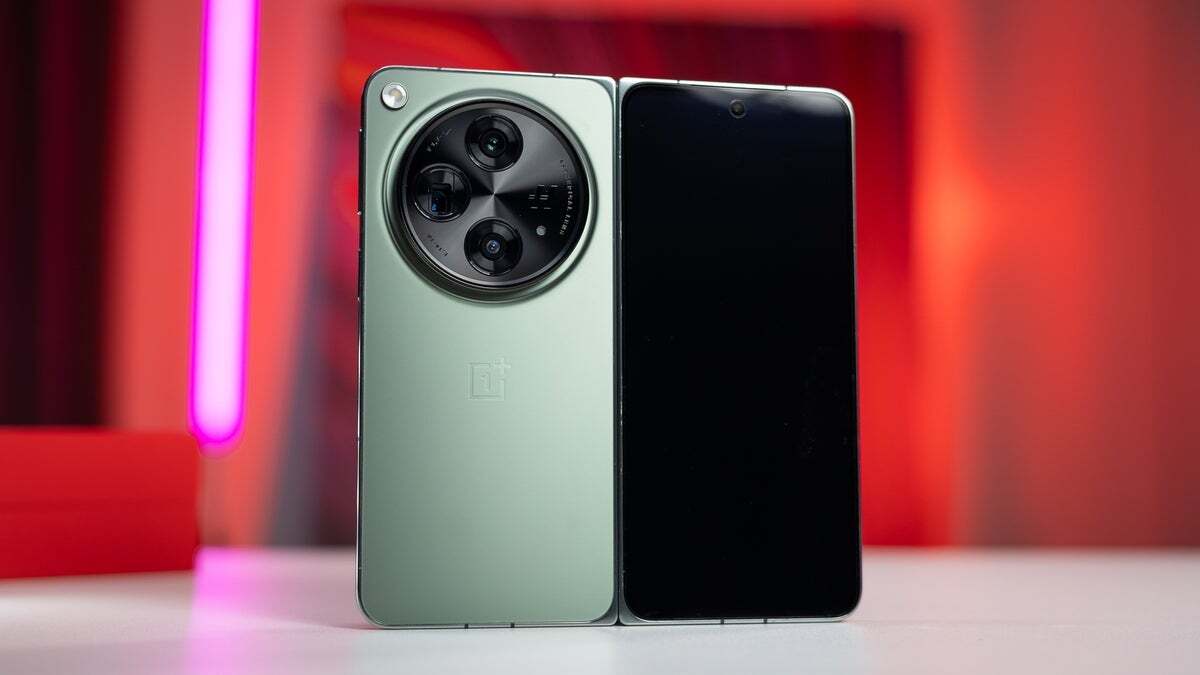

The OnePlus Open | Image credit – PhoneArena
“The OnePlus Open is easily my favorite smartphone right now, and I’ve generally always had a great experience with OnePlus devices. The OnePlus Watch 2 is also currently my favorite smartwatch, so I’d have to say OnePlus.”
What trends do you see emerging in the mobile tech market in the next few years?
“I predict we’re going to see XR glasses take off and become more interoperable with our phones. The problem with standalone glasses is that, to make them actually be useful, they need powerful chips and large batteries, making them bulky and unwieldy. With the opening up of 6GHz Wi-Fi for P2P use cases, I think having your phone power a lot of the interfaces we see on XR glasses, especially wirelessly, will be a killer application. Xreal is already doing a great job with their products, but they’re hampered by the fact that they don’t make the products their glasses connect to (well, excluding the Beam series).”
What’s next for you in your journey? Are there any upcoming projects or changes in how you operate? Or should we just expect more of the same: top insights and important early findings?
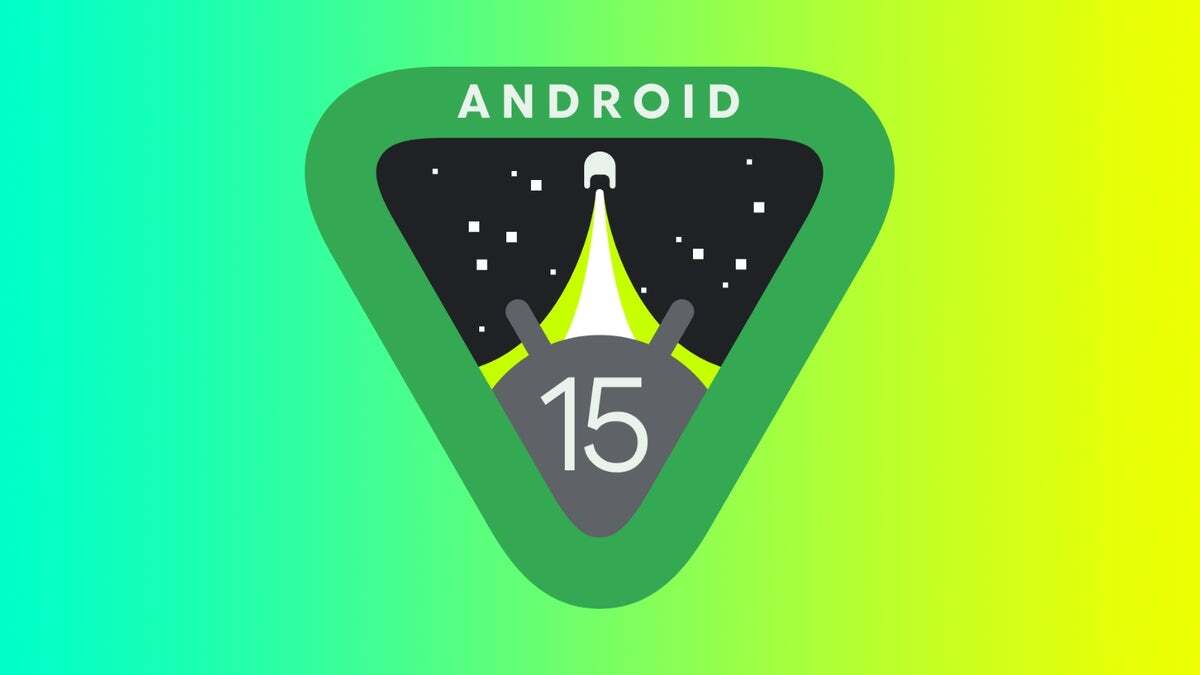

If you want to learn about what’s coming to Android, Rahman is a must-follow!
“I feel like I’m finally hitting my stride as an independent content creator, becoming more and more active in publishing articles, podcasting, etc. I’m also finally getting back into reviewing devices. I think you can just expect a much higher volume of content from me in the near future. If you’d like to support me on this journey, please do consider subscribing to me on my Patreon! Thanks!”
Summary
So, does a true insider’s outlook on our favorite tech change your perspective on the way the industry is being operated?
Let me know in the comments!

